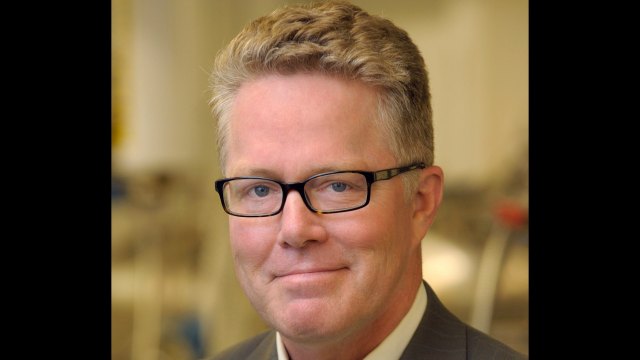 CORIELL INSTITUTE FOR MEDICAL RESEARCHThe president and CEO of the Coriell Institute for Medical Research in New Jersey, Michael Christman, died unexpectedly last month (December 25). He was 58.
CORIELL INSTITUTE FOR MEDICAL RESEARCHThe president and CEO of the Coriell Institute for Medical Research in New Jersey, Michael Christman, died unexpectedly last month (December 25). He was 58.
Christman had founded the Genetics and Genomics department at Boston University in 2001. At Coriell, he had managed a famous biobank that included a diverse collection of induced pluripotent stem cells and launched a personalized medicine project that has recruited thousands of volunteers to share their health and genetic information and receive information about disease risks in return.
“The importance of Dr. Christman’s impact not only on the Coriell Institute, but personalized medicine as a whole cannot be overstated,” Robert Kiep, III, the chairman of the Coriell Institute Board of Trustees, says in a statement. “It was his initiative that got this project off the ground and his guidance that turned it into the unequivocal success that it is today. His death is a terrible ...

















